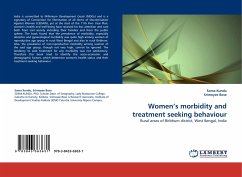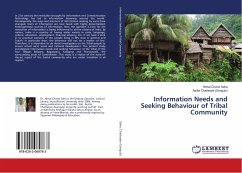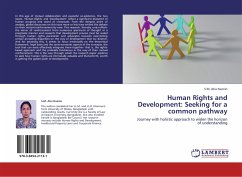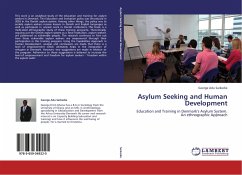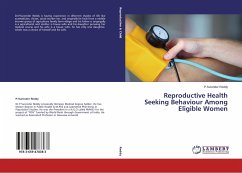Child sexual abuse is an undeniably damaging experience for victims, families, and wider communities. In order to target and reduce the occurrence of this criminal behaviour, an understanding of the causes of child sexual abuse must be explored and researched. The Good Lives Model of Offender Rehabilitation (GLM) was created to function as a holistic rehabilitative theory. Although the GLM was well set out in theory, it made a number of aetiological assumptions. The purpose of this study was to examine those aetiological assumptions by performing a preliminary empirical investigation into the way child sexual offenders were living their lives, leading up to and around the time of their offence. Twenty-six child sexual offenders were interviewed for this exploratory study and qualitative analysis was performed on the data. The findings of this research offered excellent empirical support for the aetiological assumptions pertaining to the GLM. The research revealed the highly complex nature of child sexual offending in terms of contributing factors.
Bitte wählen Sie Ihr Anliegen aus.
Rechnungen
Retourenschein anfordern
Bestellstatus
Storno



